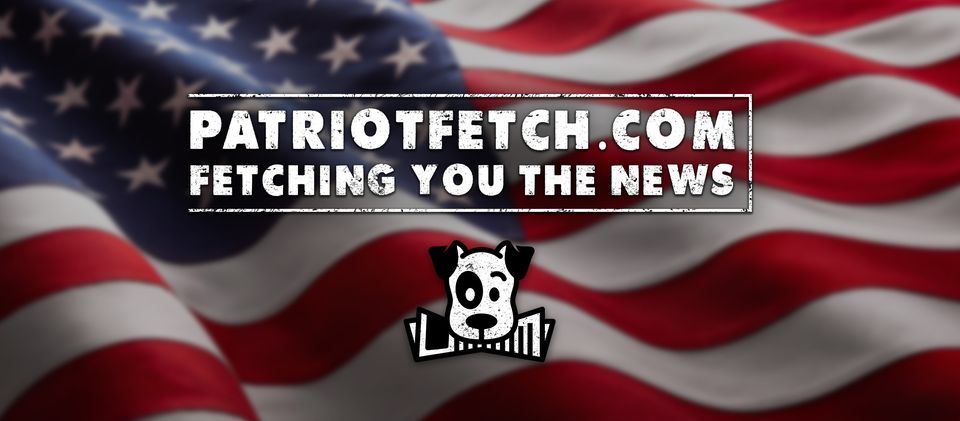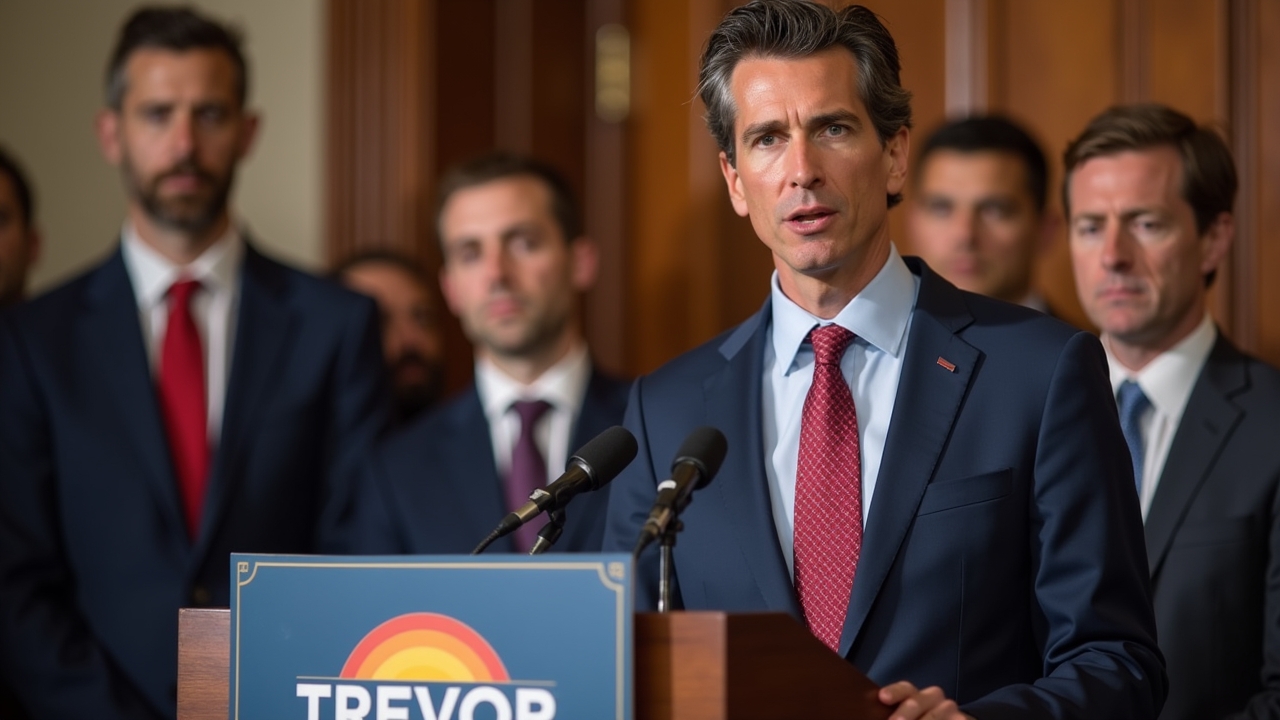PROTECT YOUR DNA WITH QUANTUM TECHNOLOGY
Orgo-Life the new way to the future Advertising by AdpathwayThe recent protest in Chicago’s West Beverly neighborhood showcases the increasing tension and division in American political discourse. On Saturday, the “No Kings” protests, aimed at opposing former President Donald Trump, were disrupted by a small group waving a flag supporting Charlie Kirk, a notable figure in conservative circles. This incident highlights not just the clash of ideologies but also raises significant questions regarding free speech and public demonstrations.
As the group displayed the blue flag with Kirk’s name, video footage showed anger rising among other protestors. The presence of a political symbol often provokes strong reactions, and in this case, the Chicago Police Department became involved, eventually asking the group to take down their flag. The situation escalated rapidly, reflecting how fragile the atmosphere at such events can be, especially when differing viewpoints converge in a tightly packed space.
The young man holding the flag later shared his experience on Instagram, stating, “Oh and let’s mention Chicago PD made me take my flag down.” This statement underscores his perspective—that the police intervened not just out of protocol but in response to the demonstrators’ backlash. The implications of police action against political expression cannot be understated, as they beckon a conversation about the rights of individuals to voice opinions, regardless of how controversial they may be.
This protest happened against the backdrop of a national movement that claims Trump’s style of governance resembles authoritarian rule. Organizers from various groups, including Indivisible and MoveOn, aim to rally people against what they see as the erosion of democratic values. Following five million participants in the initial protests in June, the ongoing momentum of the “No Kings” movement indicates that resistance remains strong. Yet, the dynamics within these protests continue to evolve, showing how quickly a gathering can become contentious over just a single flag.
According to observations from the event, the backlash prompted police intervention, exposing the delicate balance authorities must maintain between facilitating public expression and maintaining order. Eyewitness accounts indicate that tensions erupted verbally, but fortunately, physical violence was avoided. In cases where the crowd voices displeasure, the instinctive police response tends to prioritize de-escalation, often leading to decisions that may appear to suppress free speech rights.
Turning Point USA, the organization led by Kirk, has become a significant force among conservative youth. The group advocates for limited government and free market principles, yet it faces critique for allegedly inciting controversy rather than promoting discourse. Kirk reflected on the incident, stating, “We’re at a point in the United States where the presence of our ideas is enough to make people unravel.” His observation captures the increasingly fraught atmosphere of American public life, where simply expressing a political identity can trigger hostility and division.
The “No Kings” movement’s advocates argue they are defending democracy against what they perceive as a decline in civic norms. Leaders within the movement have articulated their grievances—immigration policies, militarized police action, and perceived election manipulation—as pressing issues demanding grassroots resistance. Ash-Lee Woodward Henderson and Greisa Martinez Rosas both asserted the role of courage in civic engagement, reminding us, “Courage is not the absence of fear… Courage is acting because our communities need us.” Ironically, the notion of courage is interpreted differently across the political spectrum, complicating the narrative of what resistance truly looks like.
On a broader scale, Saturday’s incident serves as a reminder of the polarized nature of protests in contemporary America. While many seek to engage in peaceful demonstration, opposing views often turn gatherings into battlegrounds. In other “No Kings” events across the country, organizers have pushed for nonviolent solidarity, achieving large turnouts without major disturbances. Thus, the challenge remains: how does one foster an environment of inclusive dialogue while maintaining civil order?
This question is increasingly urgent as the nation heads toward another election cycle. The frequency and intensity of protests are expected to rise, revealing deeper fissures within the social fabric. The incident at the Chicago protest illustrates the difficulties of managing civil discourse in polarized times and emphasizes the necessity for clearer guidelines around protest management. Balancing public safety and the rights of individuals to express differing opinions remains a complex endeavor for both law enforcement and civic leaders alike.
Ultimately, the implications of the Chicago protest extend beyond the event itself; they signal a need for open engagement amid conflicting ideologies. In navigating discordant views, it is essential to uphold the principles of free expression, ensuring that all voices, regardless of their stance, have a place in the public conversation. As political tensions rise, the way society addresses these issues will determine the future landscape of American discourse—and demonstrate whether the call for unity can withstand the pressure of partisanship.
"*" indicates required fields


 2 days ago
9
2 days ago
9
















.jpg)






 English (US) ·
English (US) ·  French (CA) ·
French (CA) ·